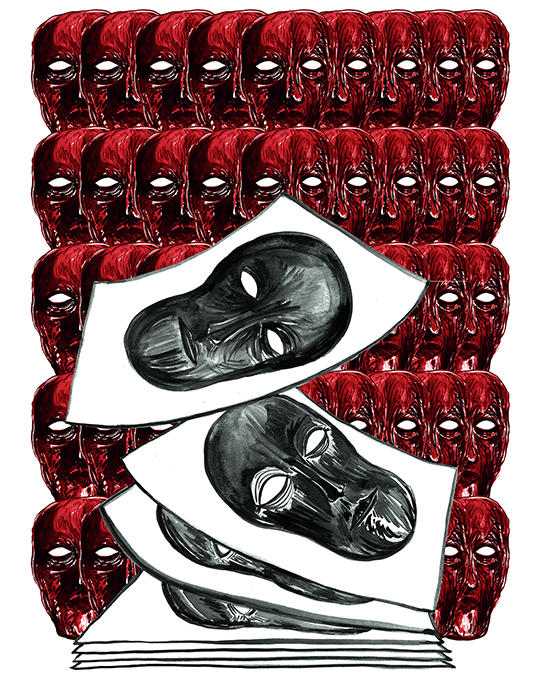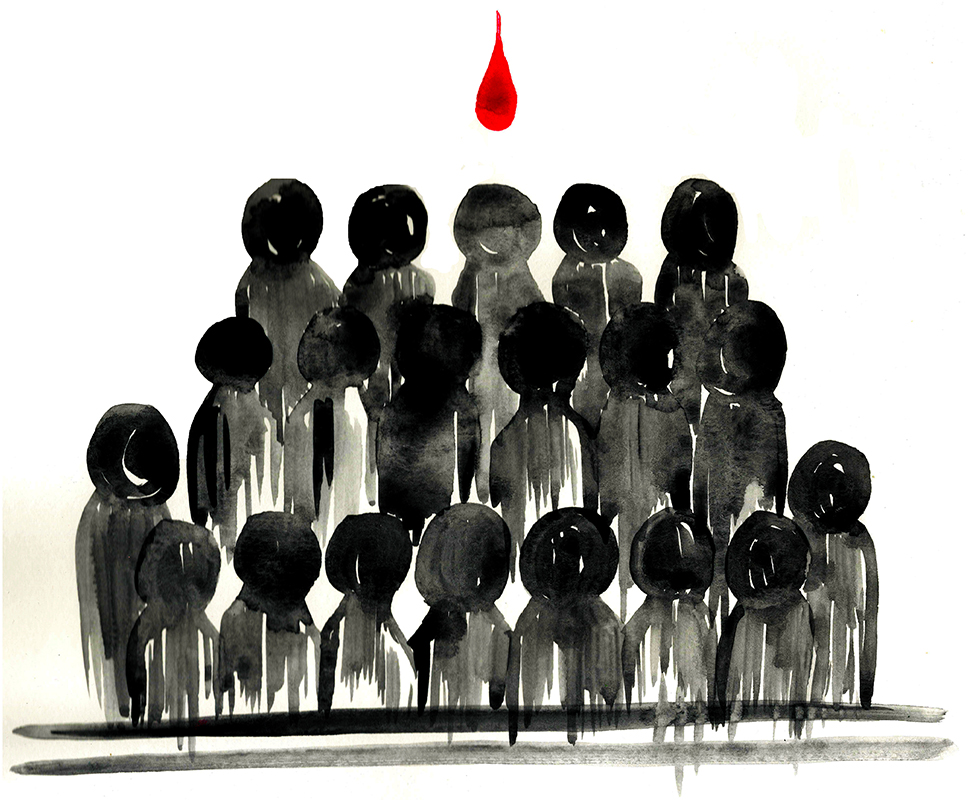Murakami Takashi
Murakami was appointed to be in charge of Lieutenant-General Fukuei’s defence. This was his first assignment after arriving in Singapore. Lieutenant-General Fukuei was 57 years old at the time of the trial and had served in the Imperial Japanese Army for over 34 years.
Murakami only met Lieutenant-General Fukuei one day prior to the commencement of the trial, as he had applied for a British lawyer at first. Fukuei was initially averse to Japanese lawyers as he had observed their ineffectiveness during the Yamashita Tomoyuki trial in the Philippines. Lieutenant-General Fukuei was faced with two charges: first, for attempting to compel prisoners of war (POW) in his custody to sign documents binding them to refrain from attempting to escape and being involved in the ill-treatment of over 17, 000 POWs; second, for the killing of four POWs in his custody. Of particular concern was his initiation of extreme overcrowding by ordering the assembly of approximately 12,000 to 13,000 POWs in a small area for 4 days, to force them to sign the document.
The defence as put forward by Murakami was two-fold: first, that the accused’s attempt to procure the POWs’ signatures was in accordance with the Minister’s orders; second, that the accused had no knowledge of the POWs being killed. Instead, he proffered they were carried out by his subordinates without his authority.
At the start of cross-examination, one of the prosecution witness’, Colonel Wild, declared that “[o]ne drop of my blood is comparable to many lives of the Japanese”. This had the effect of dramatizing the performance of war criminals and was exacerbated when picked up by the newspapers, spurring sentiments of vengeance.
After the trial, which lasted for a week, Lieutenant-General Fukuei was sentenced by the court to penalty of death by shooting. In response to the sentence, Murakamai arranged for an appeal to be submitted, for which Lieutenant-General Fukuei was very thankful for. However, Lieutenant-General Fukuei was ultimately put into execution on 27 April 1946 at Changi.

